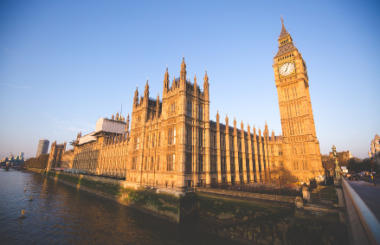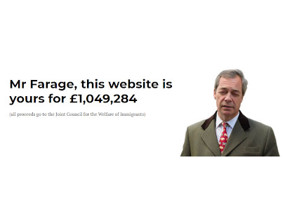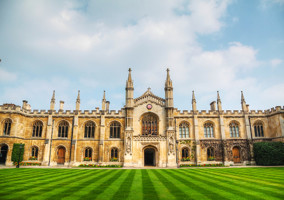The main political parties have all now put forward their manifestos for what they would offer in government. What seems clear is that there is no cohesive vision for what future governments want the charity sector to look like.
The Labour manifesto focuses on international aid, repealing the Lobbying Act and ending the contracting out of local services. The Conservative manifesto commits to international development with a focus on tackling terrorism and climate change, and seemingly will be keeping the same model for local council service provision. Meanwhile, the Liberal Democrats have pledged to give more power to local authorities and said they aim to reduce poverty internationally through foreign aid.
The Lobbying Act
The Labour Manifesto says that it will be “tackling vested interests” through repealing the Lobbying Act. The lobbying act sets spending limits and means charities are regulated on their campaigning.
The manifesto states: “We will free the voices of civil society by repealing the Lobbying Act 2014 and overhauling the rules that govern corporate lobbying. We will introduce a lobbying register covering both in-house lobbyists and think tanks, and extending to contacts made with all senior government employees, not just ministers.”
This pledge comes as leaders from the sector wrote to political leaders asking for the freedom to campaign.
International aid
All three parties have said they will commit to 0.7 per cent of gross national income being spent on international projects, but the focus of this funding varies.
Labour has committed to an aid budget focused on tackling historic injustices, not based on “outdated notions of charity”. It states: “We recognise the need to address historic injustices, and will reset our relationships with countries in the Global South based on principles of redistribution and equality, not outdated notions of charity or imperialist rule.”
The Conservative manifesto states that its international development will focus on tackling terrorism and climate change. The manifesto reads: “We will proudly maintain our commitment to spend 0.7 per cent of GNI on development, and do more to help countries receiving aid become self-sufficient.”
It adds: “We have doubled International Climate Finance. And we will use our position hosting the UN Climate Change Summit in Glasgow in 2020 to ask our global partners to match our ambition”. Earlier in the year some international aid charities spoke out about their concern that this money could be diverted from tackling poverty abroad.
The Liberal Democrats have said: “Only the Liberal Democrats have a plan to renew international liberalism in Britain and ensure that the UK plays an active role in building a better world.” The focus will be on “reducing poverty, defending human rights, protecting the environment and preventing violent conflict worldwide.”
Local authority spending
The Liberal Democrats have said that they will give “local authorities and regions the power to make decisions about their areas”.
They add that they will be “embarking on a radical redistribution of power away from Westminster to the nations, regions and local authorities, giving power to communities to hold local services to account and decide how their taxes are raised and spent”.
Meanwhile the Labour manifesto says services will be bought under the control of councils, presumably ending charities' involvement in their delivery. “We will act to bring services – from bin collections to management of local leisure centres – back in-house within the next Parliament, improving service quality, saving money and ensuring the people who deliver vital local services are treated decently.”
The Conservative government says it “will ensure that councils continue to deliver essential local services – which is why they received a substantial funding increase in the most recent Spending Round.”
Private schools
Labour and the Green Party have both pledged to change the status of private schools. The Greens said they will remove charitable status from private schools and charge full VAT on fees. “The private school sector will be subject to regular independent audits, to ensure private schools improve accessibility and pay their taxes in full.”
Elsewhere, the Brexit Party also unrelieved a short manifesto, which said they would extend the use of dormant funds to support civil society.
|












